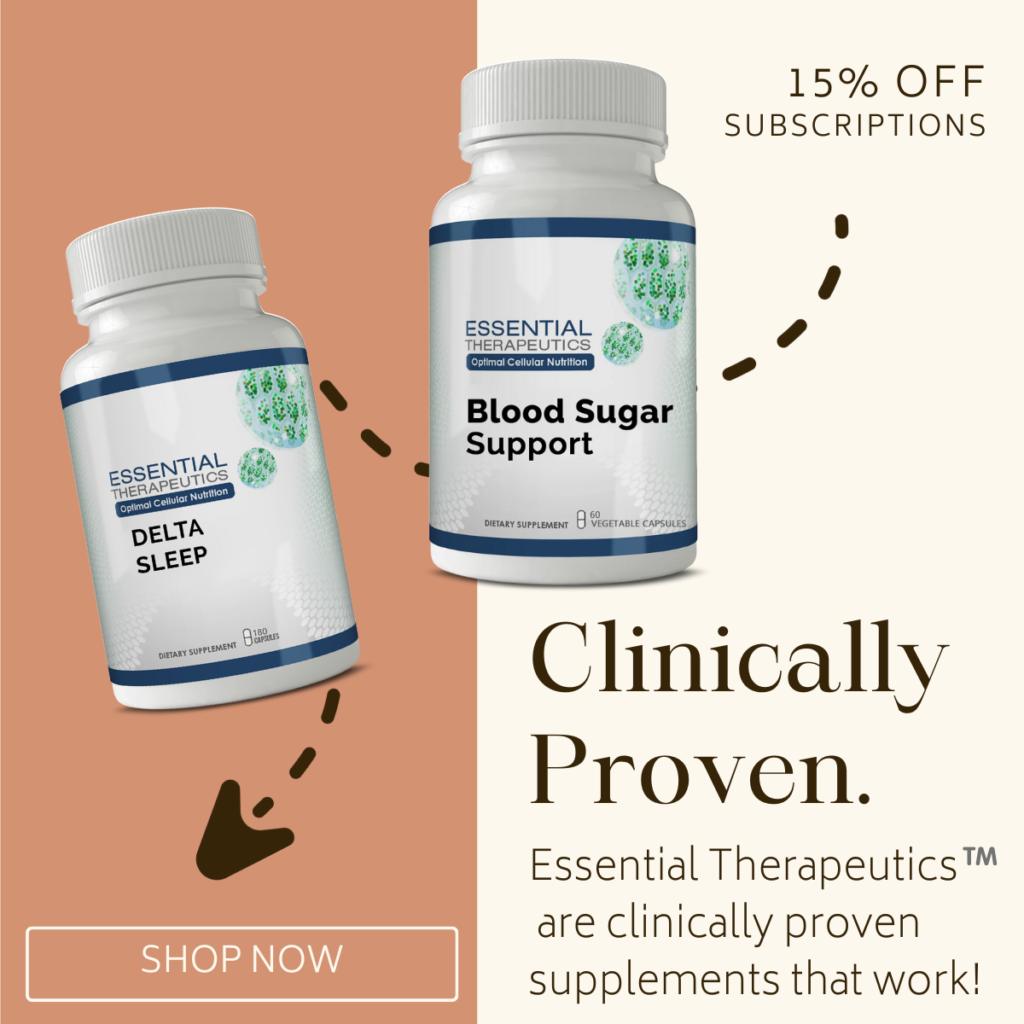
Cholesterol Lowering Drugs Associated With Weight Gain “Individuals prescribed statin therapy for high cholesterol levels have increased their caloric intake by nearly 10% and their intake of fat by 14% over a recent 10-year period, while no changes in eating habits have been observed among statin nonusers, a new study shows.
In addition, researchers report that individuals prescribed a statin had a larger increase in body-mass index (BMI) than those who weren’t taking the lipid-lowering medication.
“Since the guideline recommends that patients should prevent weight gain, the observed increase in caloric intake and more rapid increase in BMI among statin users are of concern,” write Dr Takehiro Sugiyama (University of Tokyo, Japan) and colleagues in JAMA: Internal Medicine, where the study was published to coincide with the presentation.
“There is the misconception among the lay that statins will prevent heart attacks, however despite us telling them that this is not true, This increase in caloric intake probably explains the reports that statins lead to diabetes. The weight gain alone explains it.”
Over the last twenty years, the pharmaceutical companies have promoted cholesterol-lowering statin drugs with such fervor that they’ve become household names: Lipitor, Crestor, Vytorin, Zocor, and others. Sixteen million Americans take Lipitor, the most popular statin drug. Statin sales in the U.S. alone are over $12.5 billion a year.
No doubt, the statins lower cholesterol levels and perhaps do lower the risk of dying from a heart attack–at least in patients who already have had one–but the size of the effect is unimpressive. For instance, in one of the experiments, the CARE trial, the odds of escaping death from a heart attack in five years for a patient with manifest heart disease was 94.3 percent, which improved to 95.4 percent with statin treatment.

This difference of 1.1 percent is surely not worth all the hype these medications have received, especially since the potential side effects from these drugs may include congestive heart failure.
The acknowledged side effects of statins include muscle pain and weakness, nerve damage, and a potentially fatal muscle-wasting disorder called rhabdomyolysis. One statin, Baycol, has been withdrawn because it was linked to 31 deaths from rhabdomyolysis. Interference with production of Co-Q10 by statin drugs is the most likely explanation. The heart is a muscle and it cannot work when deprived of the essential nutrient, Co-Q10. A deficiency of CoQ10 can lead to nerve damage and congestive heart failure.
While heart attacks have slightly declined, CHF (congestive heart failure) has more than doubled since Lipitor and other statins were first prescribed in 1987.
Taking statins for one year raised the risk of nerve damage by about 15 percent. Researchers studying CoQ10 have estimated that as little as a 25 percent reduction in bodily CoQ10 will trigger various disease processes, including high blood pressure, coronary artery disease, cancer, immune dysfunction, and fatigue.
If you want to know the truth, separate the myths and propaganda from the facts, about cholesterol, cholesterol meds, and heart disease I suggest you get a copy of my book Heart Disease What Your Doctor Won’t Tell You
–> You can learn more about heart disease prevention from this past article
“Once I ran out of excuses, I reclaimed my life. Now, I don’t need excuses.” -Jamie Ann Richardson
“With everything that has happened to you, you can either feel sorry for yourself or treat what has happened as a gift. Everything is either an opportunity to grow or an obstacle to keep you from growing. You get to choose.” – Dr. Wayne W Dyer
Hypertension or high blood pressure is a major cause of coronary heart disease. Over 50 million Americans suffer from hypertension. Almost 43,000 Americans died from hypertension in 2002. To much pressure exerted on the arterial walls can cause a host of unwanted cardiovascular problems including:
- Enlarged heart and possible congestive heart failure (CHF).
- Formation of small arterial bulges or aneurysms.
- Narrowing of the blood vessels in the kidney leading to failure.
- Atherosclerotic arteries.

Blood pressure is the force of the blood pushing against the walls of the arteries. Each time the heart beats (about 60 to 70 times a minute at rest), it pumps out blood into the arteries. Your blood pressure is at its highest when the heart beats, pumping blood. This is known a systolic pressure. When the heart is at rest, between beats, your blood pressure falls. This is known as diastolic pressure.The systolic number is listed above the diastolic number. 120/80mm Hg is considered normal. Pre-hypertension blood pressure is 120-130/80-90. Hypertension is when the systolic pressure is above 140 or when the diastolic pressure is above 90.
Stage I hypertension occurs when the systolic pressure is between 140 and 159 or diastolic is between 90 and 99.
Stage II occurs systolic is above 160 or when diastolic is above 100.
Individuals who are in stage I have a 31% greater risk of heart attack, almost twice the risk of stroke, and a 43% increase in death rate, compared to individuals with normal blood pressure.
Conventional Medical Therapies
Traditional medicine uses beta-blockers, calcium channel blockers, diuretics, and other drugs to treat the symptoms of high blood pressure. All of these medications have potential side effects. Studies show that for two-thirds of individuals taking hypertension drugs, diet therapy alone will result in normal blood pressure. All of these medications have potential side effects.

Natural Therapies for Hypertension
Magnesium A magnesium deficiency leads to muscle spasm or contraction. It acts like a beta-blocker by inhibiting stimulatory hormones including norepinephrine and epinephrine (hormones that increase heart rate). Fortunately, magnesium doesn’t cause fatigue or the other symptoms associated with prescription beta blockers.
Calcium and magnesium help regulate the heart rate. Magnesium relaxes smooth muscle, including the heart, and calcium constricts or tightens smooth muscle. The more calcium within a muscle cell, the more tense or tight muscle becomes. The calcium channels are guarded by magnesium. This magnesium valve helps prevent too much calcium from entering a cell. However, if a person is deficient in magnesium calcium ions are able to infiltrate cells and cause muscle contraction. Magnesium acts as a natural calcium-channel blocker. It prevents too much calcium from entering the cell membrane. The more magnesium within a muscle cell, the more relaxed the muscle.
CoQ10 Research also shows that CoQ10 is able to reduce blood pressure in high risk heart disease patients. In one study CoQ10 lowered systolic pressure from an average of 141 to 126 and diastolic from 97 to 90.
Fish Oil Fish oil reduces blood pressure, inflammation, fibrinogen, irregular heart beats (arrhythmia), atherosclerosis, triglycerides (blood fats), and platelet aggregation (blood clot formation). Typically, between four, and seven grams of fish oil are needed to reduce high blood pressure. However, when fish oil is combined with other synergistic supplements like magnesium, CoQ10, taurine, and B vitamins, less is needed.

Several studies have found that regular consumption of fish oil or omega-3 supplements can reduce the risk of heart attacks and other cardiovascular events. For example, a large review of 20 studies found that omega-3 supplementation was associated with a significant reduction in the risk of heart attacks.
However, it is important to note that while fish oil may have some protective effects, it is not a guarantee against heart attacks. Other lifestyle factors, such as maintaining a healthy diet, exercising regularly, not smoking, and managing stress, are also crucial for heart health.
Other health benefits of fish oil include:
1. Heart Health: Omega-3 fatty acids found in fish oil can help reduce the risk of heart disease by lowering triglyceride levels, reducing blood pressure, preventing plaque buildup in arteries, and reducing inflammation.
2. Brain Health: Omega-3 fatty acids, particularly DHA (docosahexaenoic acid), are essential for brain development and function. They can improve cognitive function, memory, and mood, and may even help reduce the risk of neurodegenerative diseases like Alzheimer’s.
3. Eye Health: DHA is also crucial for maintaining good eye health. It is a major structural component of the retina, and consuming fish oil can help prevent age-related macular degeneration and dry eye syndrome.
4. Inflammation and Joint Health: Fish oil has anti-inflammatory properties, which can help reduce inflammation in the body and alleviate symptoms of conditions like rheumatoid arthritis, osteoarthritis, and other inflammatory diseases.
5. Skin Health: Omega-3 fatty acids can help improve skin health by reducing inflammation, promoting hydration, and protecting against sun damage. They may also help manage conditions like eczema and psoriasis.
6. Mental Health: Some studies suggest that fish oil may have a positive impact on mental health conditions such as depression and anxiety. Omega-3 fatty acids can help regulate neurotransmitters and reduce inflammation in the brain, potentially improving symptoms.








